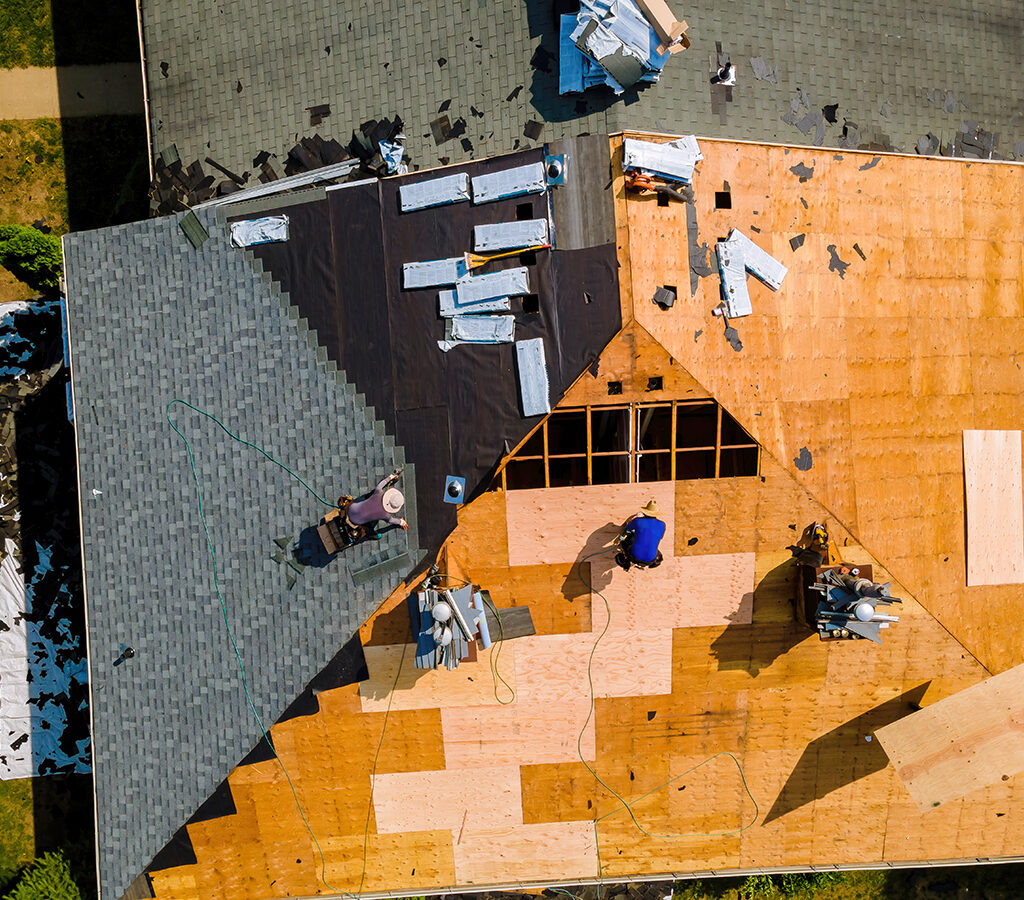
Replacing a roof is a significant investment, and timing plays a crucial role in ensuring a smooth process and high-quality results.
Here’s a breakdown of the best times to consider roof replacement:
1. Spring (March to May)
Why it’s a good time:
- Mild weather: Temperatures are moderate, making it easier for roofing materials to seal properly, especially asphalt shingles.
- Ample scheduling availability: Spring is often less busy for roofing contractors compared to the summer.
- Prepares for summer storms: Replacing your roof in spring ensures it’s ready to handle the heavy rain and storms typical of summer.
2. Summer (June to August)
Why it’s a good time:
- Consistent weather: Summer offers long days and stable conditions for roofing projects.
- Ideal for certain materials: Some materials, such as metal and tile, benefit from the warmer weather for proper installation.
Caveat: Extreme heat in mid-summer can make roofing work challenging for crews and may soften asphalt shingles, affecting their installation.
3. Fall (September to November)
Why it’s the best time:
- Optimal temperatures: Fall is considered the ideal time for roof replacement due to cool, steady weather. Shingles adhere perfectly, and workers can perform comfortably.
- Preparing for winter: Installing a new roof in fall ensures it’s ready to withstand snow, ice, and freezing temperatures.
High demand: Fall is the busiest season for roofers, so scheduling early is crucial.
4. Winter (December to February)
Why it’s sometimes possible:
- Emergency replacements: Winter roof replacements are common in emergencies, such as storm damage or leaks.
- Off-season pricing: Contractors may offer discounts during the winter when demand is low.
Challenges: Cold weather can make roofing materials brittle, slow down adhesives, and create safety risks for workers.
Key Considerations When Scheduling
- Material Type: Some roofing materials (like asphalt shingles) perform better when installed in mild weather, while others, like metal or slate, are more versatile.
- Contractor Availability: Peak seasons (summer and fall) may require advanced booking.
- Budget and Repairs: If immediate repairs are needed, don’t wait—delaying roof replacement can lead to costly damage.